 Be Inspired Blog - Arizona
Be Inspired Blog - Arizona

The Differences Between Organic And Conventional Gardening
Organic gardening refers to the way we grow agricultural products. Growing plants organically means that the methods used encourage soil and water conservation and reduce pollution of the air, soil and groundwater. Organic gardening doesn't use conventional methods to fertilize or control weeds.
Instead of using synthetic chemicals, which can cause cancer, are petroleum based, contaminate groundwater and destroy essential soil bacteria by depositing high levels of salts, organic gardening relies on crop rotation, natural insect or bird predators, traps, manure-based fertilizers, mulches and naturally derived weedkillers to keep pests and weeds at bay, resulting in healthier produce for you and your family, especially given that conventional practices using chemicals result in bioaccumulation, causing sensitivities and often illness in babies, toddlers and the elderly.
Conventional gardening practices use chemical fertilizers to promote plant growth, synthetic pesticides to kill insect life on or near plants and synthetic herbicides to kill weeds. Synthetic chemicals are convenient, less labor intensive and yield faster results, but require more frequent applications because they destroy soil health, leaving the plants to rely solely on the chemical supplements for sustenance.
Organic Solutions:

- Neem Oil - All purpose insecticide, miticide, fungicide for organic gardening. Derived from Neem seed; use on any plant. Kills all stages of insects—eggs, larvae and adults. Great dormant spray.
- Bio Neem - Wide spectrum insecticide containing Azadirachtin derived from the Neem tree Azadirachta indica. Use on all crops such as grain, vegetables, fruit, vines and flowers. Contact insecticide effective against worms, caterpillars, white flies, grasshoppers. Effect occurs 7-8 days after application.
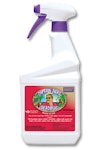
- Captain Jack's - Contains Spinosad, isolated from naturally occurring soil bacterium. Kills bagworms, borers, beetles, caterpillars, codling moth, gypsy moth, loopers, leaf miners, spider mites, tent caterpillars, thrips and more. Use on edibles.
Organic Food:
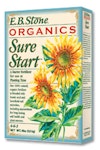
- E.B. Stone Organics Sure Start - a blend of natural, organic ingredients to help new transplants develop strong roots and sturdy growth.

- E.B. Stone Organics Tomato & Vegetable Food - formulated from natural organic ingredients for use throughout the vegetable garden and with soft fruits like strawberries. Contributes to even plant growth without producing excessive foliage at the expense of fruit.
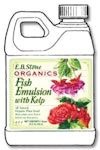
- E.B. Stone Organics Fish Emulsion with Kelp - all natural plant food to help plants grow, flower, fruit and stay deep green. Dilute with water.
Companion Plants: What to Plant Together?
Friends:
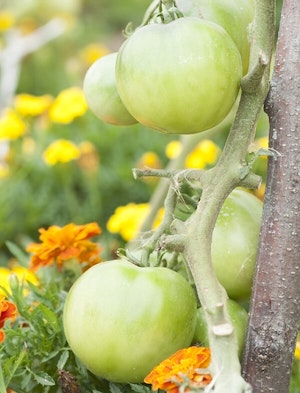
- Beans, beets, broccoli, carrot, celery, corn, cucumber, eggplant, peas, potatoes, cauliflower, radish, strawberries, melons/squash.
- Lettuce, cabbage, Brussels sprouts, cauliflower, radishes, chard, turnips, beets, carrots, cucumbers, onions, strawberries, celery.
- Tomatoes, eggplant, okra, beans, peppers, lettuce, asparagus, beans, carrots, cucumbers, onions, basil, mint, borage, marigolds.
- Spinach gets along with all vegetables, but benefits from proximity to strawberries and taller veggies that provide shade.
- Strawberries stunt the growth of cabbage family vegetables.
Guardians:
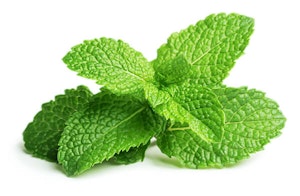
- Mint repels ants, white cabbage moths, aphids, flea beetles
- Garlic discourages aphids, fleas, Japanese beetles, spider mites
- Perennial Chives repel aphids, spider mites
- Basil drives away flies, mosquitoes
- Marigolds deter Mexican bean beetles, squash bugs, thrips, tomato hornworms, whiteflies and harmful root knot nematodes
- Borage deters tomato hornworm. Good for strawberries & squash
- Rosemary, Sage repel cabbage moths, bean beetles, carrot flies
- Nasturtium keeps away potato bugs, squash bugs, and whiteflies
- Artemisia (Wormwood) deters slugs
- Radishes discourage cucumber beetles, squash bugs, stink bugs
- Geraniums may help keep flies away

